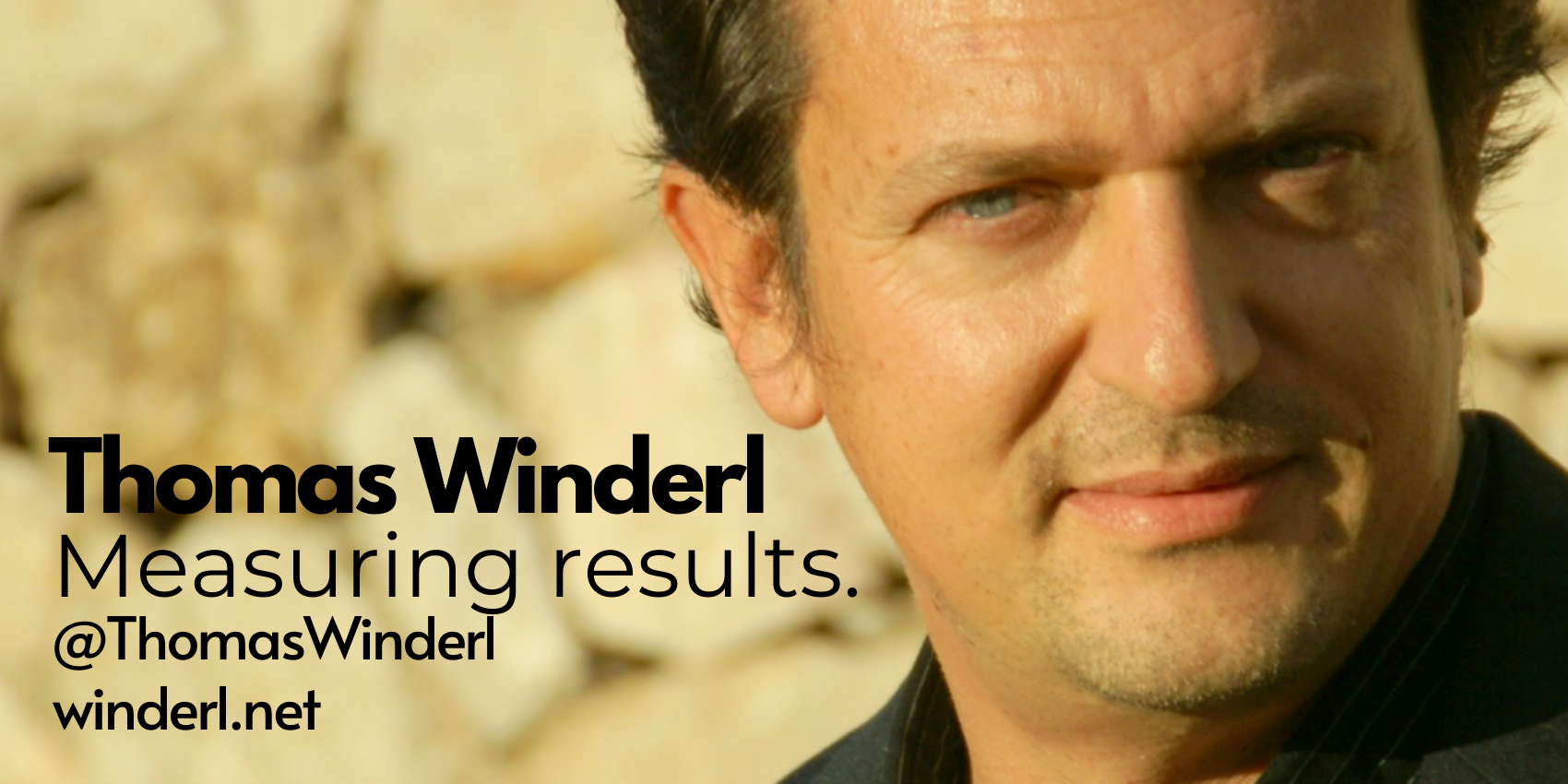This is an Eval Central archive copy, find the original at winderl.net. Impact. You know the feeling don’t you – you’ve been working on a brilliant initiative, and then someone turns up and asks you “So – what impact are you making”? It’s a fair question – indeed, it’s a question we should be asking […]
Indicators: choose the right angle
This is an Eval Central archive copy, find the original at winderl.net. Once we have agreed on a clever, limited set of indicators, all seems good. However, we are not yet there. For most indicators, we can choose a specific ‘angle’. What do I mean? For example, we are considering the “Number of female members […]
Use change language in reports
This is an Eval Central archive copy, find the original at winderl.net. An engaging report uses ‘change language’ instead of action language. Hunh? Ok, it’s not as complicated as these big words suggest. Language matters. Let’s look at it closer: ACTION LANGUAGE Action language reflects the completion of a series of activities. An example of […]
5 tips for good reporting
This is an Eval Central archive copy, find the original at winderl.net. Good reporting isn’t that hard. My five tips are: 1. start with what is important, 2. use simple language, 3. use change language, 4. back it up with evidence, and 5. visualize data. The post 5 tips for good reporting appeared first on […]
7 principles of a Theory of Change
This is an Eval Central archive copy, find the original at winderl.net. A good theory of change (ToC) is based on seven principles: 1. Repeat doing it until you get it right, 2. links are as important as expected changes, 3. risk and assumptions are key, 4. it must be scalable, 5. it is not […]
A Theory of Change
This is an Eval Central archive copy, find the original at winderl.net. Probably as an inevitable result of the buzz in the past few years, many Theories of Change are often useless. One reason for that is – is my feeling – that they are typically not developed in a logical sequence: without a thorough […]
Stop overthinking: Minimum Viable Product
This is an Eval Central archive copy, find the original at winderl.net. MINIMUM WHAT?!? Ok. What are we talking about? A minimum viable product – MVP in short – is a product with just enough features to gather validated learning about a possible intervention or product. It is deliberately imperfect; any additional work on it beyond what was required […]
Innovative programme design
This is an Eval Central archive copy, find the original at winderl.net. It has always been clear to me: Monitoring and Evaluation depends to a large extent on how development or government programmes are planned and designed. That is why good M&E is strongly linked with good planning and design. In a way, programme design is a natural […]
The Age of Data
This is an Eval Central archive copy, find the original at winderl.net. Data, information and knowledge Professional Monitoring and Evaluation is based on hard facts: data, information, knowledge and understanding. Let us take a closer look at these concepts: WHAT IS DATA? As you will know, data is a collection of objective facts, such as numbers, words, […]
Our toolbox for primary data collection
This is an Eval Central archive copy, find the original at winderl.net. To collect primary data (data that we need to collect first ourselves), we can rely on a rather sophisticated tool box– largely from social sciences – that has been developed over decades. There are tools for quantitative and qualitative data collection. Here is a list of some of the […]
